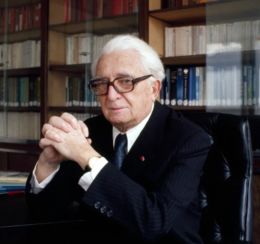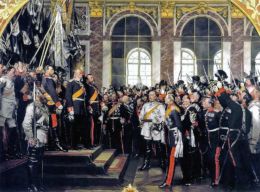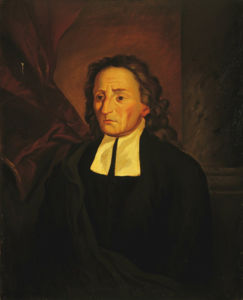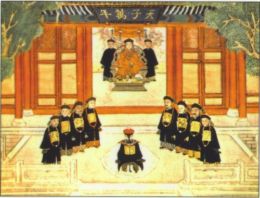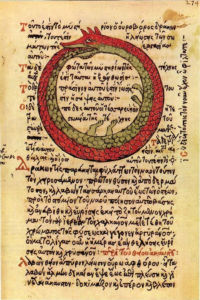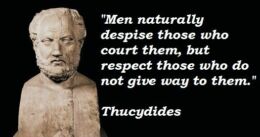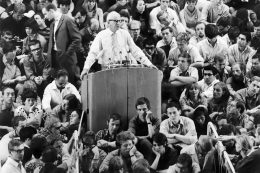
Francis Fukuyama heralded a return to a Western-centered universal conception of history — but one which sees universal liberalism as its endpoint.
4,196 words
Part 7 of 7 (Part 1 here, Part 6 here)
We have no standards to judge what are “good” and “bad” forms of being a human, since there are no subjects existing outside the contingencies of historical time and power relationships. All we can do is engage in “discourse analysis” so as to uncover existing hierarchies by analyzing the fields of knowledge through which they are legitimated. We can engage in questioning how we came to be the “humans” we think we are, such as how we came to think that we have natural rights to life, liberty, and happiness, but such a questioning can only show us how our current way of being human is historically contingent and thus changeable. (more…)
